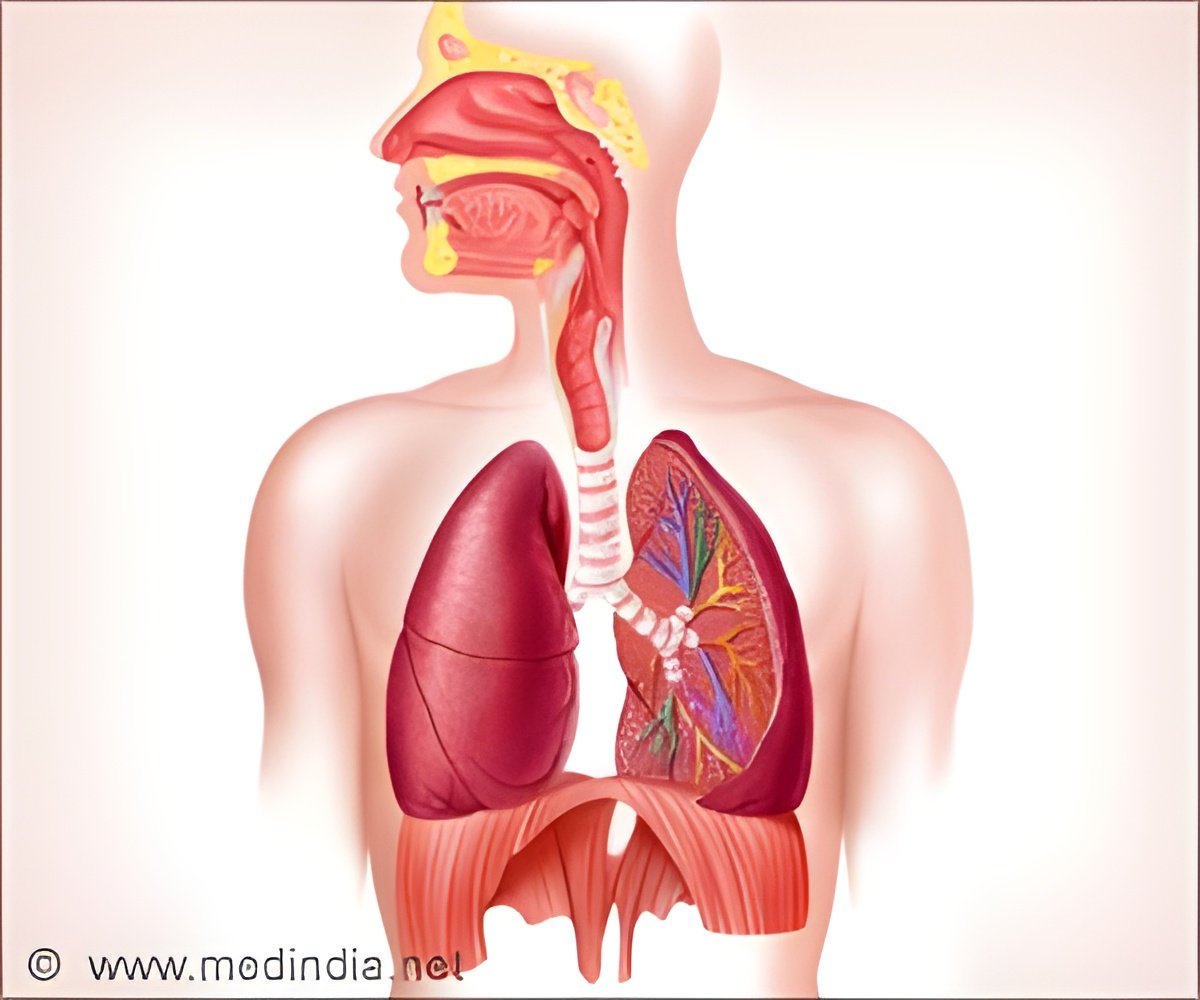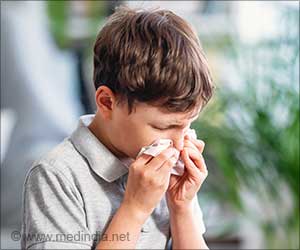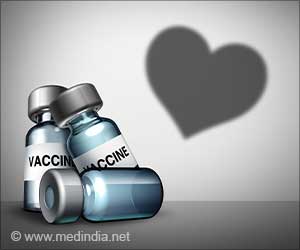
‘In particular, patients showed signs of "air trapping" in the lungs — a person can inhale fully without any problems, but abnormally retains air during exhalation.’
Tweet it Now
"Independent of COVID severity, their airways continued to be affected months afterward," said Senior Researcher Dr. Alejandro Comellas, of the University of Iowa Carver College of Medicine.In particular, patients showed signs of "air trapping" in the lungs — a person can inhale fully without any problems, but abnormally retains air during exhalation.
Air trapping occurs in diseases such as asthma, emphysema and chronic bronchitis. Dr. Cedric "Jamie" Rutland, a pulmonologist and volunteer speaker for the American Lung Association, explained that this is a symptom of inflammation of the small airways, commonly known as the trachea or bronchioles.
Rutland also said that he regularly treats patients with persistent respiratory problems post-COVID-19. He said that air trapping often involves medications that ease airway inflammation, like prednisone or inhaled corticosteroids.
According to Rutland, patients vary in how long it takes to recover from those symptoms. It is not yet clear whether some people will have persistent lung disease.
Advertisement
Comellas suspects that both will be true, finally. Some patients will fully recover, while others won’t.
Advertisement
One theory is that for some people, the infection over-activates the immune system, causing chronic inflammation in the body.
But this is still a "mystery," Rutland said, adding that even after mild COVID, only certain people have lasting problems.
The new study included many COVID patients who were not at high risk for chronic respiratory problems: out of 100 patients, 67% were not hospitalized. Although some have a history of lung disease, including asthma and emphysema, most do not. Three-quarters of people are lifelong non-smokers, compared to 2% of current smokers. And yet all had been suffering symptoms like breathlessness, cough and fatigue for more than 30 days after their COVID-19 diagnosis.
So Comellos and his colleagues put each patient to a CT scan. At that time, half were over 75 days past their COVID-19 diagnosis but for some it took more than six months.
This study found out that 58% showed signs of air trapping in their lungs and this included 57% of patients who had managed their initial COVID-19 illness at home.
Both hospitalized and non-hospitalized patients had somewhat same amount of lung tissue caused by "air trapping" meaning that the severity of the infection did not matter.
"If you’d only done regular pulmonary testing," Comellas said, "you’d find the lungs seem normal."
He believes that COVID-19 patients with long-haul respiratory problems should have a CT scan to look for small-airway abnormalities. Rutland agreed to the fact that he would "definitely" do a scan in those cases.
Rutland also said, "I really do think a pulmonologist needs to be involved in the care of these patients."
He encouraged anyone with ongoing respiratory problems after COVID-19 to seek care. He also said, "Nobody should just ignore these symptoms."
Meanwhile, researchers also found that more than half of the 100 patients with "long COVID" symptoms had symptoms of small-airway disease on CT scans. And those who are mildly ill at home were just as affected as those who had been hospitalized. This study has been published in the journal Radiology.
The researchers say their findings should be confirmed by a larger study, but suggest that recovery from COVID-19 may be accelerated by treatments that lower the immune system and reduce inflammation.
Dr. James Harker, joint lead author, Imperial’s National Heart & Lung Institute, said, "Our study found that many months after SARS-CoV-2 infection, there were still abnormal immune cells in the airways of patients with persistent breathlessness. We also identified a protein ’signature’ in the lungs indicating ongoing injury to the airways."
The researchers studied CT scans of the lungs and how well the lungs functioned, as well as analysing samples of fluid from within the lungs and blood samples to determine the presence of nearly 500 proteins.
Overall, the study compared 38 post-COVID-19 patients three to six months after discharge from hospital and 29 healthy volunteers (those with no underlying disease and those without COVID-19).
At three to six months, the researchers found that post-COVID-19 participants had more immune cells in their lungs than pariticipants who had no COVID-19. However, there was no difference in the immune cells found in the blood of post-COVID-19 and healthy participants.
Joint senior author, Prof. Pallav Shah, said, "These findings suggest that persistent breathlessness in our group of COVID-19 patients is being caused by failure to turn off the immune response, which leads to airway inflammation and injury. The next steps of our research will be to see if there are treatments that can reduce the immune activity and whether they help to reduce the persistent breathlessness some patients experience."
The authors note that their study includes patients who had severe COVID-19 disease (requiring hospitalisation and ongoing monitoring) and it is unclear if their results would apply to people with less severe disease. They were only able to study the participants’ lungs after COVID-19, and so are unable to determine if any of the signs they discovered were present before infection.
The authors note that the participants of their study had COVID-19 before vaccines were available in the market.
The study was funded by the Wellcome Trust, with staff supported by the UKRI, CW+ and the Westminster Medical School Research Trust, Asthma UK, Community Jameel and the Imperial College London President’s excellence fund. The study included collaborators from the National Heart and Lung Institute and the Department of Immunology and Inflammation at Imperial College London, Chelsea and Westminster Hospital, Royal Brompton and Harefield Hospitals and the Asthma UK Centre for Allergic Mechanisms of Asthma.
Source-Medindia











